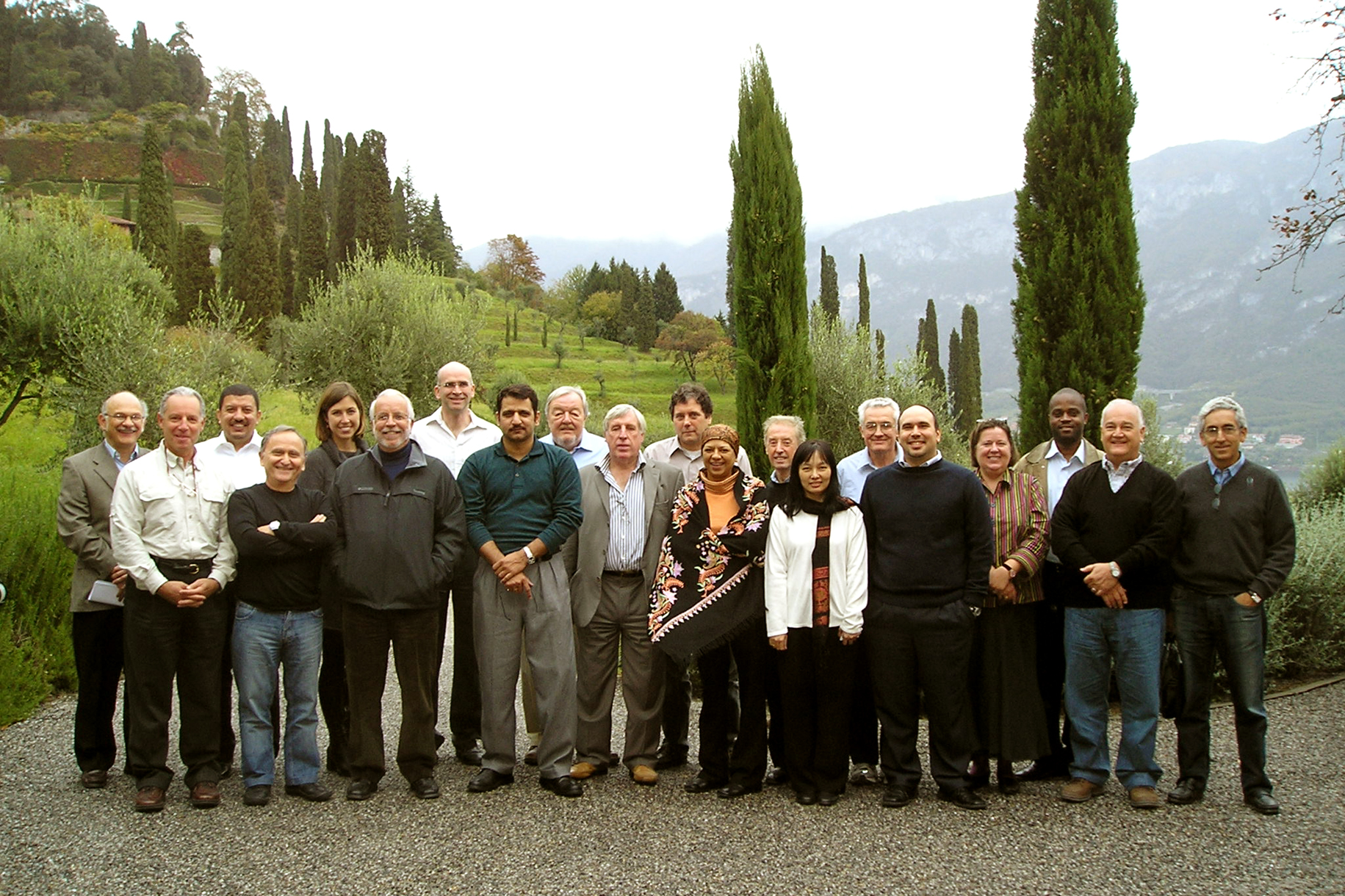As part of the Rockefeller Foundation's
Frati Series on Intellectual Property (IP) Policies and Development,
ICTSD organised a series of meetings at the Bellagio Study and
Conference Center between 2002 and 2005. The series responded
to concerns that certain trends in IP policymaking could pose
a threat to economic, technological, social and cultural development
in developing countries. It mobilised a diverse group of specialists,
government experts and members of international and non-governmental
organisations to identify strategic objectives, explore innovative
policy approaches and contribute to the design of pro-development
and pro-competitive IP initiatives.
Since then, ICTSD has engaged
in research aimed at building knowledge on new developments
in IP policy and published several issue papers and an array
of regional and country studies. These have illuminated changes
in the global economy and political context. This work has resulted
in ICTSD refining its strategy to focus more explicitly on the
underlying purpose of IP- to promote innovation and creativity-
for all countries, not just those with the resources and policy
infrastructure needed to make IP workable.
In this context, ICTSD's objective
is to create new opportunities for the world's poor and vulnerable
populations by fostering an environment in developing countries
that is more conducive to innovation, creativity, as well as
technology transfer, dissemination, and absorption. In addition,
ICTSD endeavours to create a more balanced system that protects
public interest, including access to medicines and educational
materials. .
Bellagio 2007- Fostering
R&D; and Promoting Access to Medicines
For several years now, the World
Health Organisation (WHO) has undertaken efforts aimed at solving
the health and IP puzzle. In 2003, WHO launched the Commission
on Intellectual Property Rights Innovation and Public Health
(CIPIH) to examine appropriate funding and incentive mechanisms
for the creation of new medicines for diseases that disproportionately
affect developing countries. The CIPIH issued its final report
in 2006, which included sixty recommendations relating to drug
discovery, development, and delivery. Since then the World Health
Assembly has set up an Intergovernmental Working Group (IGWG)
to draw up a plan of action based upon the recommendations of
the CIPIH report. The IGWG convened its first meeting in December
2006. It is scheduled to meet again in November 2007.
The CIPIH report covered a broad
canvas and reviewed many different proposals for fostering R&D;
and promoting access. However it did not manage to produce a
concrete set of policy proposals on which all members of the
Commission could agree. That is now the task of the IGWG.
Moreover, the World Trade Organization
(WTO) has grappled with the challenge of balancing intellectual
property rights and public health since the creation of the
WTO Agreement on Trade-Related Aspects of Intellectual Property
Rights (TRIPS). Actual implementation of the Agreement might
constrain generic production and raise concerns about the supply
of affordable medicines in the world. Its implementation has
led to several legal disputes over the use of legal flexibilities
in the TRIPS agreement. Additionally, countries have responded
by issuing compulsory licenses for the generic production of
patented medicines. In the context of international trade, these
challenges have been further exacerbated by the number of free
trade agreements with more stringent intellectual property obligations
than those contained in the TRIPS. These 'TRIPS-Plus' provisions
might ultimately delay or limit the entry of generic competition.
Objectives
The purpose of this dialogue
is to consider in a small group of stakeholders a number of
specific policy proposals in greater detail which would address,
and reconcile, the objective of bolstering both innovation and
access. It will bring a number of new voices to the table with
those of seasoned experts and practitioners to 'crack open'
the proposals, identify the opportunities and drawbacks associated
with each, and identify various components that might ultimately
be brought together and operationalised to foster R&D; and promote
access. A common underlying theme is the need to allocate the
costs of R&D; fairly while promoting access to medicines. If
common ground can be located around one or more such proposals,
with the active support of participants, this could be influential
in respect of future deliberations.
The proposals to be considered
include:
*The Prize Fund Model
*Patent Pools Advanced Market
Commitments
*New forms of research and development
funding
*Maximising flexibilities in
the current patent system

Dialogue participants photographed on the Bellagio
hillside.